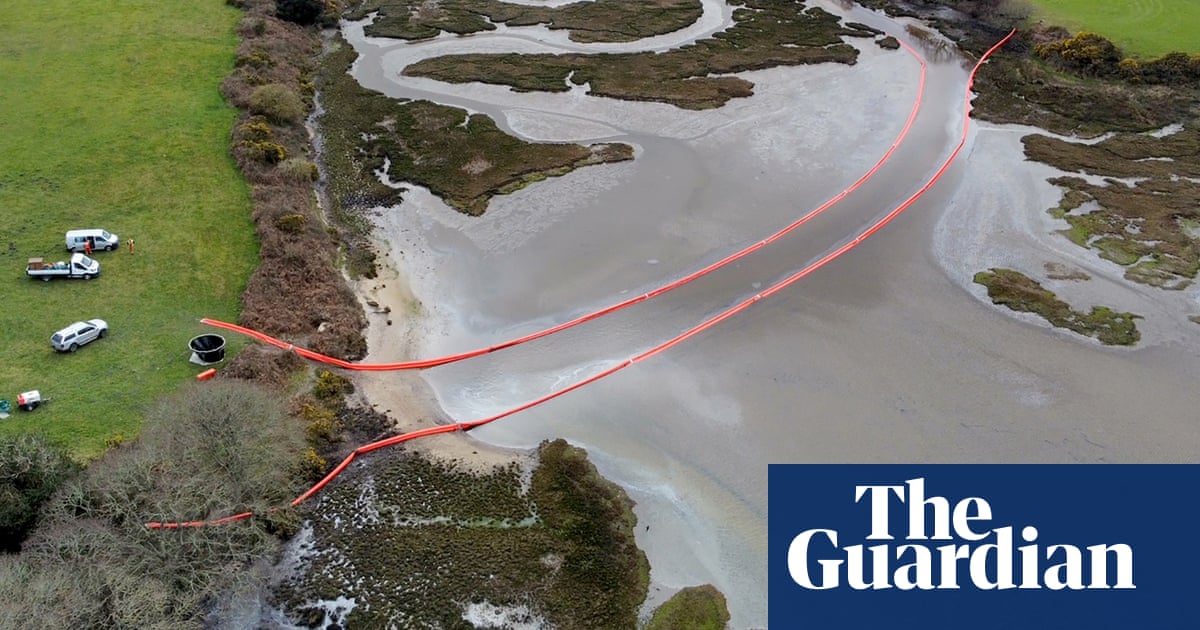Company directors who cause severe or reckless damage to nature could face jail terms or hefty fines under a bill that aims to criminalise environmental destruction inScotland.
The proposed law, which would be the first of its kind in the UK, is designed to put a class of environment offences known as ecocide on a similar legal footing to other grave crimes such as murder.
Monica Lennon, the Scottish Labour MSP who has tabled the ecocide (Scotland) bill in the Scottish parliament, said it would introduce strict new legal duties on company executives and government agencies, with potential sanctions such as heavy fines or prison sentences.
She said it would bring Scotland into line with the EU, which has an environmental crime directive, and formal moves by small nations such as Vanuatu, Samoa and Fiji to add ecocide to the mandate for the international criminal court.
Brazil, Mexico, the Netherlands, Peru and Italy are also pursuing domestic ecocide laws, which are broadly defined as “unlawful or wanton acts” committed knowing they could cause severe, widespread or long-term environmental damage.
Activists point to oil tanker disasters; deforestation of the Amazon or destructive fishing practices, as examples of ecocide. Lennon said voters were very clear they believed serious environmental crimes needed to be policed and punished.
“I think the bill will give people hope,” she said. “I think it’s really important to renew hope and put environmental protection at the top of the agenda.
“This should give confidence to policymakers, and ensure the public knows we’re making sure our laws are fit for purpose, and closing gaps and loopholes. We just don’t talk about the nature emergency: we have a robust legal framework too.”
More than 50 MSPs from all the major parties in the Scottish parliament, including the Conservatives, have supported Lennon’s decision to table the bill, which will soon go to an initial vote to confirm it can progress.
Environmental campaigners are critical of theScottish government’s recent track record on the climateand nature conservation, with promised legislation watered down and spending cut. Even so, ministers in Edinburgh support Lennon’s bill in principle.
Maurice Golden, a Scottish Tory MSP who backs the legislation, said the mere fact of its implementation would force companies and public agencies to be far more rigorous on environmental issues to avoid breaching it.
“The context of this is an international one. We don’t want Scotland being seen as a soft touch,” he said. “What we will see, as a result of this law, is that in order to reduce the risks of malpractice, companies are going to up their game.”
